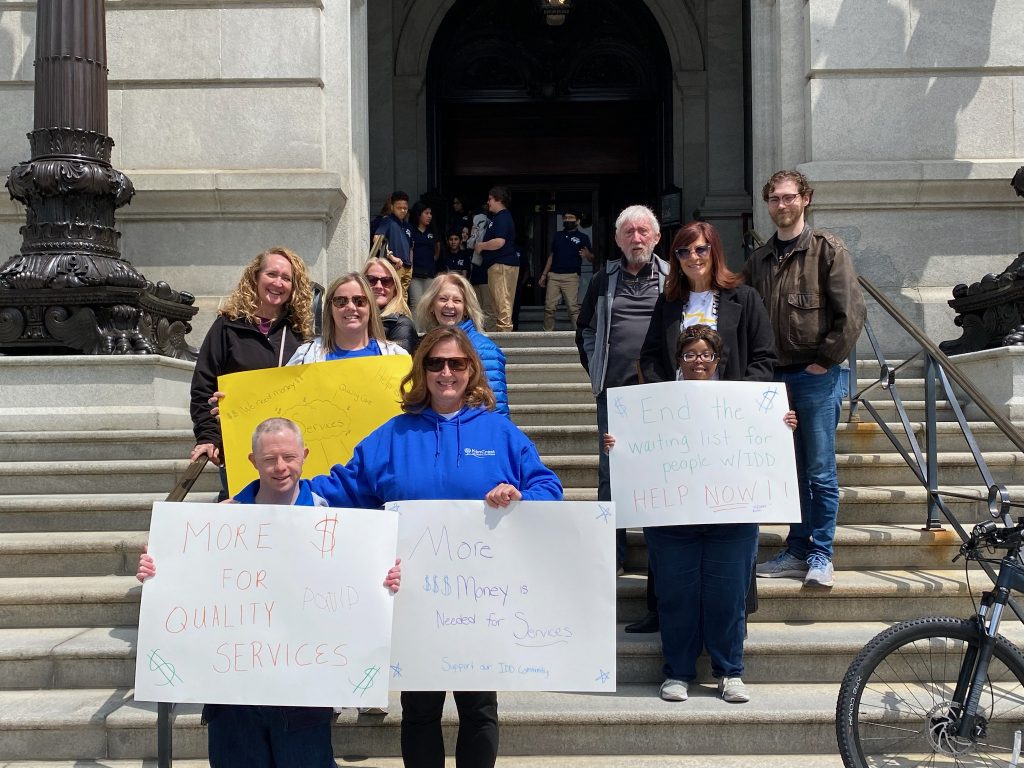A new Center for American Progress (CAP) analysis estimates that if H.R. 1 were to become law, more than 1.6 million Medicaid-expansion enrollees receiving SUD treatment would become uninsured. Although these estimates reflect the House-passed bill, the Senate’s more extreme Medicaid cuts could cause even greater coverage losses and disruptions to care.
KFF developed a table that provides a summary comparison of Medicaid provisions, including details on work requirements, in the House and Senate budget reconciliation bills.
The reconciliation legislation still needs to pass the Senate, and the House and Senate will need to reconcile any outstanding differences. President Trump expects to have the reconciliation bill on his desk for signing by July 4.
The bulk of those coverage losses would come from the bill’s proposed burdensome work-reporting requirements on adults enrolled in Medicaid through the Affordable Care Act’s expansion option. Specifically, the bill would require nonpregnant, nondisabled, non-caregiver adults ages 19 to 64 to document at least 80 hours of work per month or other qualifying activities (such as job training or volunteering) in order to maintain their Medicaid coverage. Individuals unable to meet the requirement would risk losing coverage. The Senate Finance Committee text goes even further, eliminating the exemption and requiring compliance from parents with children older than age 14.
Though the bill includes an exemption for individuals with SUD from work-reporting requirements, it remains unclear how states would implement or enforce that exemption.
CAP estimates that the states with the largest coverage losses among Medicaid enrollees being treated for SUD include California (nearly 170,000), New York (nearly 166,500), Ohio (134,500), and Pennsylvania (nearly 118,000). These coverage losses reflect the size of each state’s Medicaid expansion population as well as each state’s rate of SUD treatment take-up among people with Medicaid.
Medicaid is the largest payer of behavioral health services in the United States, including for SUD treatment. According to the latest available data, Medicaid covered nearly 60 percent of all national spending on SUD treatment in 2019 — accounting for $17 billion out of the $30 billion spent across all payers.
ACA improved SUD treatment access by making SUD services one of ten essential health benefits that nearly all insurers are required to cover. The ACA also allowed states to expand Medicaid eligibility to adults with incomes up to 138 percent of the federal-poverty level, providing millions of previously uninsured low-income adults with access to life-saving SUD treatment.












